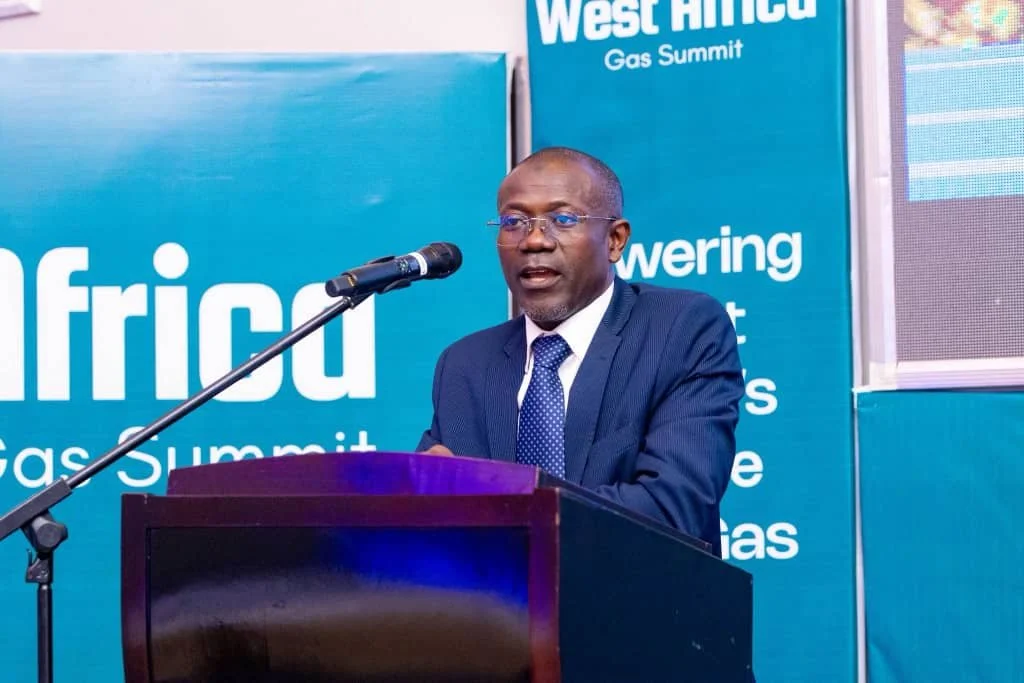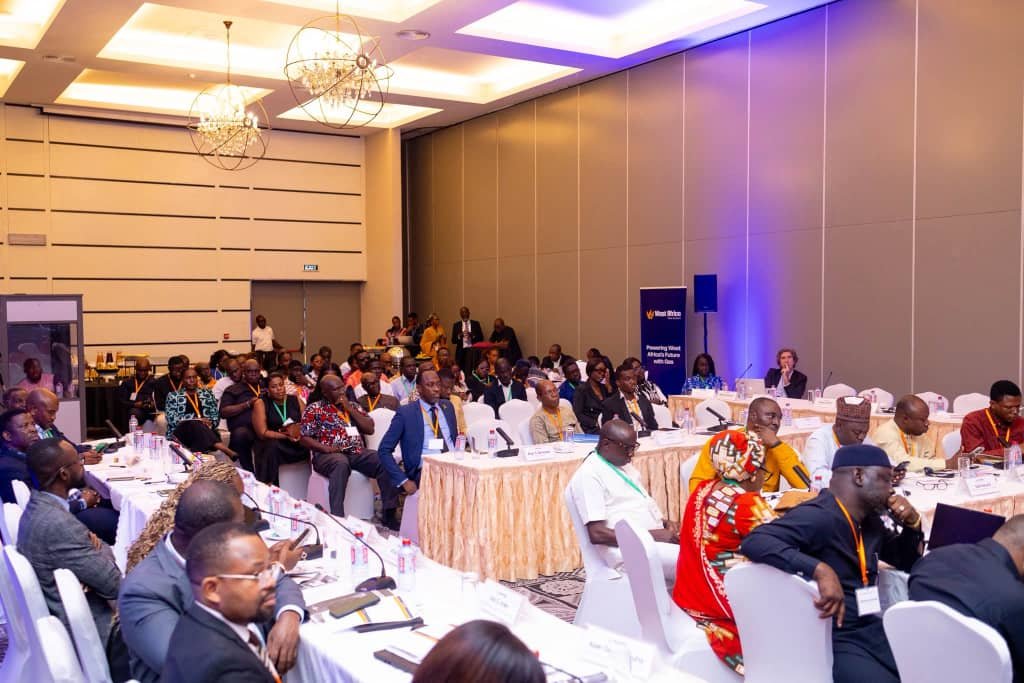GNPC Charts Strategic Future with Focus on Regional Gas Leadership and Governance Reform
Accra, June 2025 – The Ghana National Petroleum Corporation (GNPC) has reaffirmed its dual commitment to regional energy leadership and institutional transformation with two major developments this month: an assertive gas strategy presented at the 2025 West Africa Gas Summit, and a formal alignment with the Ministry for Public Sector Reforms to deepen accountability and operational efficiency.
Gas as the Bridge to Ghana and West Africa’s Energy Future
At the West Africa Gas Summit held on June 20 in Accra, Mr. Hamis Ussif, Deputy CEO for Finance, Administration, and Commerce, highlighted GNPC’s long-term vision for natural gas as a foundational pillar in the region’s low-carbon transition.
“Gas is not just a fuel, but a bridge to a more resilient, inclusive, and prosperous energy future for Ghana and the sub-region,” Mr. Ussif stated.
According to Mr. Ussif, GNPC is pursuing an output expansion strategy that will see gas production from the Jubilee Field rise from 100 to 140 million standard cubic feet per day (MMscfd), and from the Sankofa Field increase from 245 to 270 MMscfd by July 2025. This scale-up is aimed at stabilizing domestic energy supply and enhancing gas-fired power generation.
He further emphasized that GNPC is actively exploring the establishment of a dedicated Liquefied Natural Gas (LNG) import terminal by 2026 to diversify supply sources and support regional distribution. The Corporation also reiterated its commitment to ongoing capital investments such as the Takoradi–Tema Interconnection Project (TTIP), which GNPC has backed with US$190 million to enable reverse gas flow and improve access to industrial zones in the eastern corridor.
Additionally, GNPC continues to support infrastructure development around the Atuabo Gas Processing Plant, alongside broader storage and transport upgrades intended to strengthen the national gas backbone. These measures underscore GNPC’s role as the primary guarantor of energy security in Ghana.
Earlier this year, Acting CEO Kwame Ntow Amoah laid out a reform-oriented strategy that included operational restructuring and a push for GNPC to deliver “new first oil within 24 months”. The move is widely seen as an effort to reposition GNPC as both a commercially competitive and technically capable national oil company.
Governance Reform and Institutional Realignment
GNPC’s push for operational transformation was reinforced on June 17 when it signed a formal strategic cooperation agreement with the Ministry for Public Sector Reforms. The agreement aims to align GNPC’s corporate strategy with Ghana’s National Public Sector Reform Strategy, focusing on open governance, performance improvement, and institutional accountability.
As part of the partnership, the Ministry committed to supporting GNPC’s adoption of digital governance tools, embedding gender-sensitive frameworks, and improving performance tracking. In response, GNPC confirmed that it had initiated a series of internal audits and governance reviews to improve transparency and attract strategic partners — including recent engagements with companies such as Tullow.
The agreement also reaffirms GNPC’s expanding role in corporate social responsibility, particularly in community health, education, and economic empowerment projects across its operational zones. Both institutions have pledged to monitor progress and ensure that GNPC’s corporate plan is closely aligned with national development goals.
Responding to Oversight and Market Pressures
GNPC’s renewed institutional focus follows calls from the Public Interest and Accountability Committee (PIAC) to modernize the 40-year-old legal framework governing the Corporation. In a recent statement, PIAC urged Parliament and the executive to revisit GNPC’s legislative foundation and align it with modern energy realities, including the transition to low-carbon and renewable sources.
In addition to recommending investment diversification into renewable energy, PIAC has also advised that GNPC begin preparing to operate independently of Petroleum Holding Fund (PHF) allocations in the near future, as Ghana approaches the post-oil era.
Conclusion: Regional Anchor, Reformed Institution
These twin developments reflect GNPC’s evolution on two fronts: as a technically focused gas champion for West Africa and as a governance-conscious public institution attuned to national reform priorities. Through increased gas supply, expanded infrastructure, internal reform, and strategic partnerships, GNPC appears to be repositioning itself as both an enabler of Ghana’s energy stability and a responsible, commercially-oriented national energy company.


